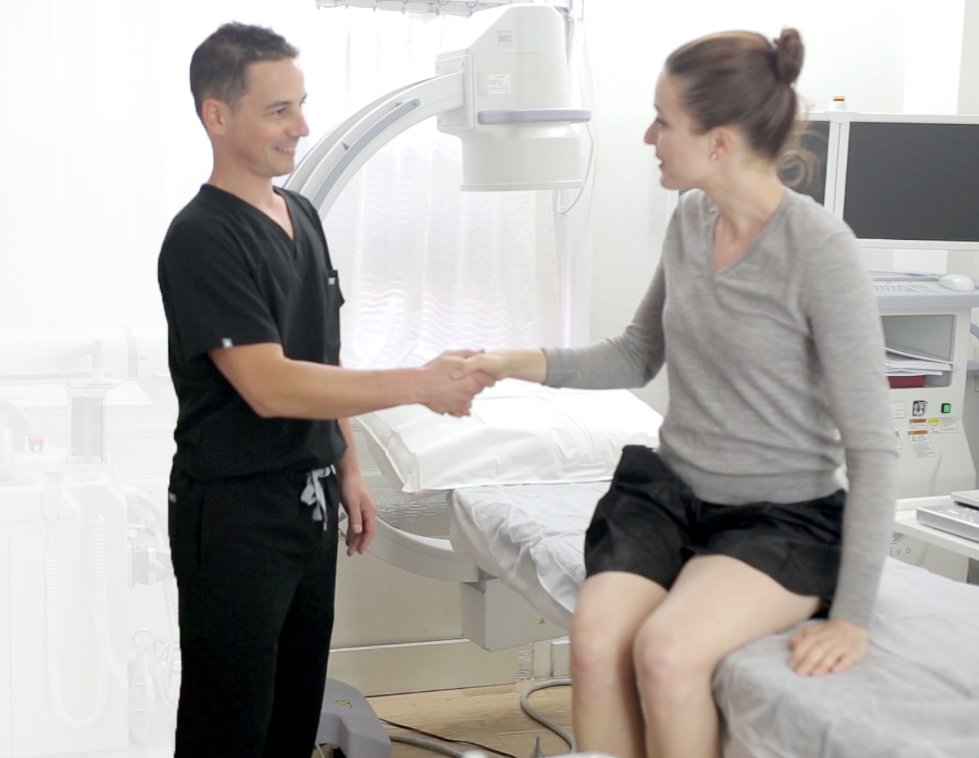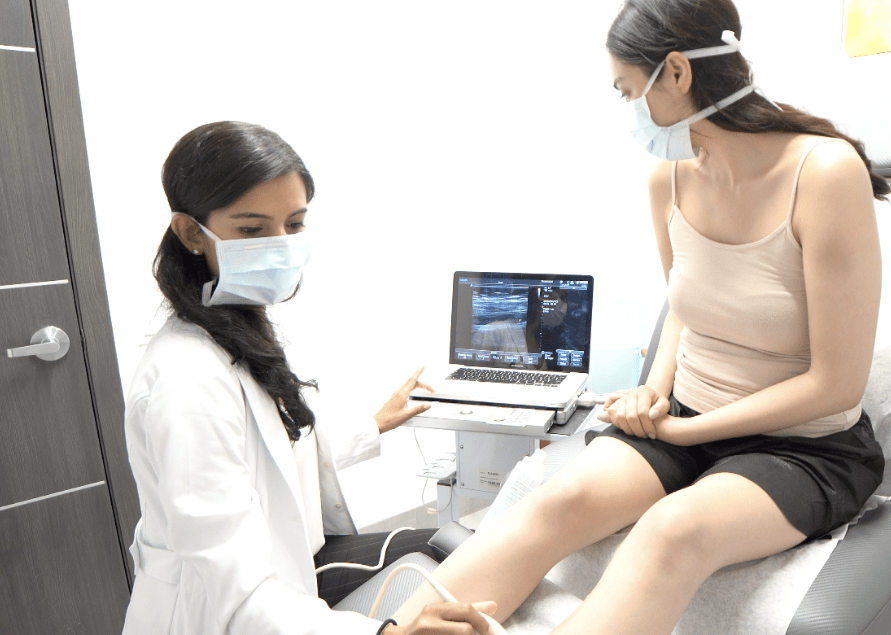What Kind of Doctor Treats Varicose Veins? Understanding the Role of Vein Treatment Doctors
Varicose veins affect millions of people around the world. These twisted, enlarged veins usually appear in the legs and often signal underlying vein issues. If you’ve noticed blue or purple bulging veins and feel discomfort, it’s time to seek help. But what kind of doctor treats varicose veins? The answer is simpler than you might think: vein treatment doctors are the experts you need.
Let’s explore who these specialists are, what they do, and why seeing one can dramatically improve your vascular health.
Who Are Vein Treatment Doctors?
Vein treatment doctors specialize in diagnosing and treating disorders related to veins and circulation. These doctors often come from backgrounds in vascular surgery, interventional radiology, or phlebology. Unlike general practitioners, they possess advanced training in managing vein-related conditions.
Their expertise includes non-invasive and minimally invasive techniques to treat vein problems like varicose veins, spider veins, chronic venous insufficiency, and deep vein thrombosis.

Why You Should See a Vein Treatment Doctor
Many people delay treatment for varicose veins, believing the condition is only cosmetic. But untreated varicose veins can lead to leg pain, swelling, skin discoloration, ulcers, and blood clots. Seeing a vein treatment doctor early can prevent complications and improve your quality of life.
These specialists use advanced imaging tools like ultrasound to diagnose the root cause of vein issues and recommend the most effective treatment plan.
What Kind of Treatments Do Vein Specialists Offer?
Vein treatment doctors offer a range of procedures designed to eliminate problematic veins and restore proper blood flow. Depending on the severity of your condition, the doctor may suggest one of the following:
- Sclerotherapy: A chemical solution is injected into the vein, causing it to collapse and fade.
- Endovenous Laser Therapy (EVLT): A laser fiber is inserted into the vein, sealing it shut.
- Radiofrequency Ablation: Similar to EVLT, this uses radiofrequency energy instead of laser.
- Microphlebectomy: Small incisions allow the doctor to remove varicose veins manually.
- Compression Therapy: In milder cases, compression stockings can help alleviate symptoms.
Each treatment is tailored to the patient’s needs, and most procedures are performed in-office with minimal downtime.
What to Expect During Your Visit
When you visit a vein treatment doctor, the process usually begins with a consultation and a physical examination. The doctor may perform a venous ultrasound to get a clear view of the affected veins.
After diagnosis, your doctor will explain your treatment options, including benefits, risks, and recovery time. You'll have the opportunity to ask questions and decide on the best approach together.
The goal is not just cosmetic improvement but also to relieve symptoms and prevent future vein problems.
How to Choose the Right Vein Treatment Doctor
Now that you know what kind of doctor treats varicose veins, it’s important to find the right one. Here are some tips:
- Check credentials: Look for board-certified vein specialists or doctors with training in vascular surgery, interventional radiology, or phlebology.
- Experience matters: Choose a doctor who has performed numerous vein procedures.
- Read reviews: Patient feedback offers valuable insight into the doctor’s skills and bedside manner.
- Ask about technology: The best vein clinics use the latest minimally invasive techniques.
A good vein treatment doctor will make you feel comfortable, clearly explain your options, and work with you on a long-term plan.

Benefits of Early Treatment
Addressing varicose veins early offers several advantages:
- Faster recovery: Early-stage treatments are less invasive.
- Fewer complications: Prevent issues like ulcers and blood clots.
- Better mobility: Reduced swelling and pain help you stay active.
- Boosted confidence: Smooth, healthy-looking legs can improve your self-esteem.
By seeing a vein specialist promptly, you can avoid unnecessary suffering and enjoy healthier legs for years to come.
Final Thoughts
If you’ve been wondering what kind of doctor treats varicose veins, the answer lies with vein treatment doctors. These skilled professionals focus exclusively on vein health, offering safe and effective solutions tailored to your condition.
Don’t ignore the signs. Varicose veins are more than just a cosmetic issue—they’re a signal that your vascular system needs attention. Schedule a consultation with a vein treatment specialist today and take the first step toward healthier, pain-free legs.
Comments
Post a Comment